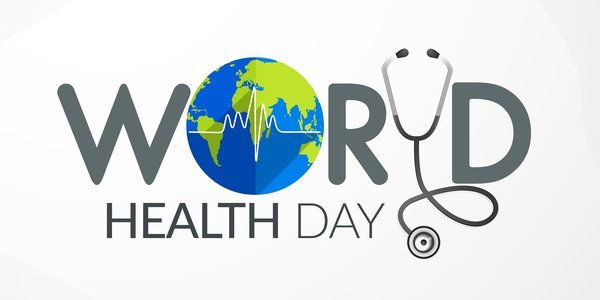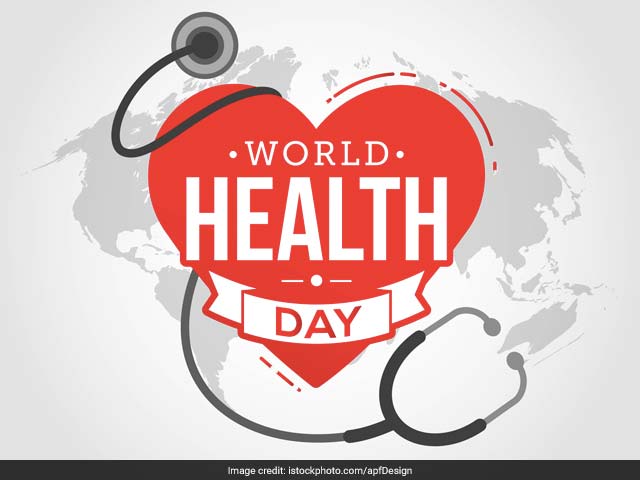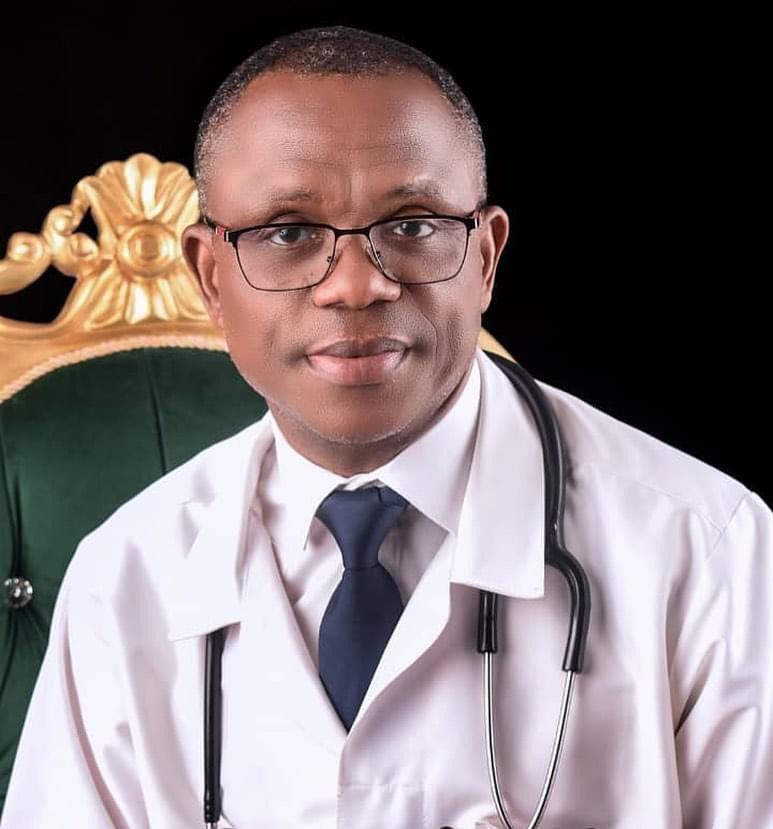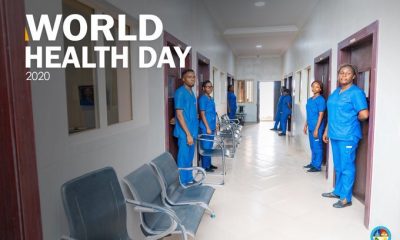Editorial Column
In Celebration Of World Health Day, Countries To Build Healthier World After Global Pandemic

As part of its five calls to action for World Health Day, the World Health Organization has emphasized the need for global COVID-19 vaccine equity and for countries to develop a fairer, healthier world post-pandemic.
Within countries, disease and death from COVID-19 have been higher among groups that experience prejudice, vulnerability, social isolation, and adverse everyday living and working conditions – including humanitarian crises, according to the global health organization.

As countries battle the pandemic, the WHO says a unique opportunity has arisen to rebuild a fairer, healthier planet by adopting existing promises, resolutions, and agreements, as well as making fresh and bold commitments.
“The COVID-19 pandemic has thrived despite inequality in our communities and vulnerabilities in our health systems,” says WHO Director-General Dr Tedros Adhanom Ghebreyesus.
“All governments must invest in improving their health systems and eliminating the obstacles that keep so many people from accessing them so that more people can live healthier lives.”

While safe and successful vaccines have been produced and accepted at a breakneck pace, the challenge now is to ensure that they are available to anyone who wants them, according to the WHO’s five calls for action.
“A key component of this is increased funding for COVAX, which is run by a partnership that includes the Vaccine Alliance, also known as Gavi, which the World Health Organization, and is financed by contributions from states, multilateral organizations, and foundations.
“Its aim is to purchase coronavirus vaccines in bulk and distribute them to developing countries that are unable to compete with wealthier countries for contracts with major pharmaceutical companies.
Read Also: World Health Organization Links COVID-19 Deaths In Africa To Diabetes
COVAX is expected to cross 100 countries and economies in the coming days, according to the WHO.
“Commodities such as medical oxygen and personal protective equipment (PPE), as well as effective diagnostic tests and medicines, are also vital,” it said while acknowledging that vaccines alone would not be enough to defeat COVID-19.
“Strong mechanisms are necessary to distribute all of these goods equally within national borders.
“The World Health Organization (WHO) seeks to provide testing and treatments to hundreds of millions of people in low- and middle-income countries who would otherwise be excluded. However, $22.1 billion is still needed to deliver these critical resources.
Read Also: World Health Organization Links COVID-19 Deaths In Africa To Diabetes
“The WHO has also called for increased investment in primary health-care programs, encouraging policymakers to reach its recommended goal of one percent of GDP for primary health-care spending (PHC).
By 2030, extending primary healthcare interventions to low- and middle-income countries could save 60 million lives and raise average life expectancy by 3.7 years.
“Countries must also prioritize health and social security, as well as develop stable, secure, and inclusive communities and improve data systems.

World Health Day
According to the WHO, “health disparity reporting should be an important part of all national health information systems.”
Meanwhile, Dr. Tedros has urged African leaders to prioritize health spending.
“Now is the time to invest in health as a driver of development,” he said.
“Improving public health, creating healthy communities, ensuring food security and proper nutrition, fighting climate change, and having vibrant local economies do not have to be mutually exclusive.
“All of these crucial results are intertwined.”
Advertise or Publish a Story on EkoHot Blog:
Kindly contact us at [email protected]. Breaking stories should be sent to the above email and substantiated with pictorial evidence.
Citizen journalists will receive a token as data incentive.
Call or Whatsapp: 0803 561 7233, 0703 414 5611










